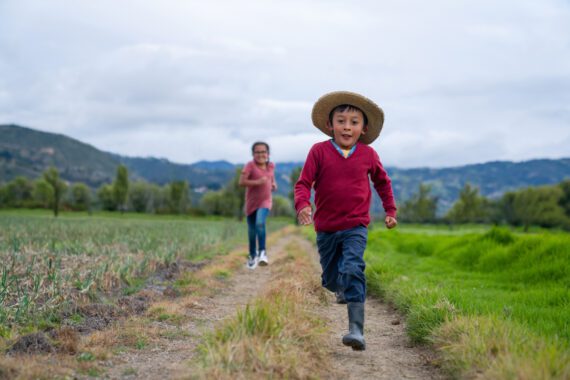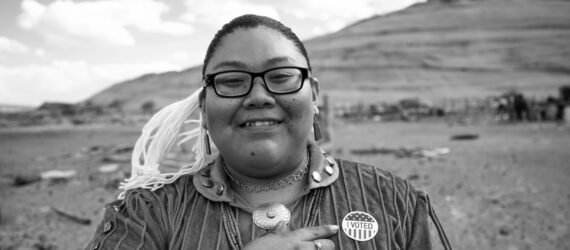The International Fund for Agricultural Development (IFAD) is the only multilateral development bank that focuses exclusively on agriculture and food security in rural areas. Bread for the World has advocated for continued and increased U.S. funding for IFAD because it is an influential partner in financing agricultural and rural development. Since 1978, IFAD has funded projects worth more than $23 billion that have reached 518 million people.
Along with its focus on agricultural productivity, IFAD funding has enabled rural families to connect to agricultural markets and access necessities such as transportation and safe drinking water. As Bread recognizes, farmers around the world must be equipped to adapt to the impacts of a changing climate. Effective adaptation is essential to their success in growing enough food to provide for their families and feed their communities.
Farming is inherently uncertain, dependent on many factors beyond farmers’ control. In 2012, IFAD established the Adaptation for Smallholder Agriculture Program (ASAP), which focused on helping farmers increase their production while also mitigating their many risks. In 2021, IFAD announced the next stage of the program, ASAP+. The main goals are to enable people to become more resilient to disasters and to reduce the threats to food security posed by climate change. ASAP+ set out to reach more than 10 million people by mobilizing $500 million.
Bread was pleased when, in 2021, the U.S. increased its funding pledge to IFAD by 43 percent, making the country its largest donor. But global hunger and human needs have surged in the past few years. Bread affirms the importance of the Biden administration’s request for additional funding for IFAD in fiscal year 2024. Within this request, the president has asked that $35 million be allocated to ASAP+. Now it is up to Congress to appropriate that funding.
The administration still has critical work to do—work that, by supporting IFAD, will enable rural families to farm more effectively despite climate impacts. IFAD’s investments in low-income countries are in the form of grants or loans with very low interest rates, so it relies on donors like the U.S. to replenish its funding periodically—every three years. 2023 is a replenishment year. Detailed negotiations among IFAD, its member states, and its donors will stretch across much of the year. The U.S. will join with other stakeholders to help determine how much funding is needed and how much donors are able to contribute.
It is essential for the U.S. to increase its pledge to IFAD. The worst impacts of climate change are currently hitting lower-income countries that had very little to do with causing the problem. The poorest people in these societies, who contributed least of all to the problem, are the ones facing increasingly severe hunger and malnutrition.
IFAD’s ASAP+ is striving to be the largest source of climate adaptation financing for smallholder farmers in lower-income countries. Institutions like IFAD and programs like ASAP+ are desperately needed. Bread urges the U.S. government to maintain its support for IFAD and pledge an increased amount for the 2023 replenishment.
Jordan Teague Jacobs is co-director of the Policy and Research Institute with Bread for the World.



